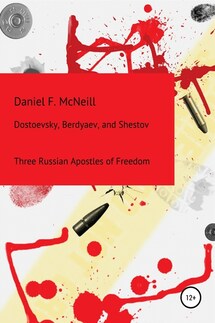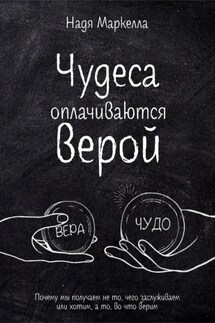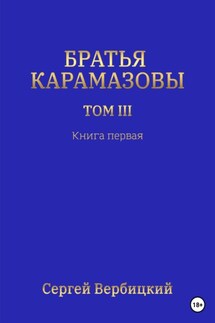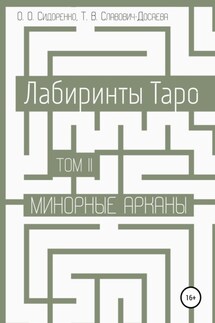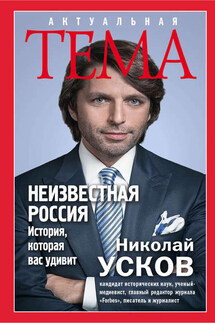Dostoevsky, Berdyaev, and Shestov. Three Russian Apostles of Freedom - страница 6
Raskolnikov is a holy man in reverse, that is, for Dostoevsky he is not a holy man at all and until he has himself discovered that his human nature when ruled only by the mind is foul, he will never be anything, nothing but a human nothing living in the categories where he thinks. He goes out of his little room a short time after his crime thinking not of the murders but only of walking about and finding some place to get rid of the objects he possesses taken from the pawnbroker that might be evidence of his involvement. He buries them under a huge stone. Then he walks on without resting. “He had a terrible longing for some distraction, but he did not know what to do, what to attempt. A new overwhelming sensation was gaining more and more mastery over him every moment; this was an immeasurable, almost physical, repulsion for everything surrounding him, an obstinate, malignant feeling of hatred. All who met him were loathsome to him – he loathed their faces, their movements, their gestures. If anyone had addressed him, he felt that he might have spat at him or bitten him…”
Who is mad, Marmeladov or Raskolnikov? If they are both mad then they are mad in two different ways completely. Before the murders just after the talk between Raskolnikov and Marmeladov in the tavern, we get a closer look at Marmeladov’s type of madness. It is profoundly human. The two leave the tavern and Raskolnikov aids the older, drunken man to walk home. Instead of walking into his one-room home with three starving children and his emaciated, sickly wife, Katerina Ivanova, Marmeladov drops to his knees in the doorway. “‘Ah!,’ she cried out in a frenzy, ‘he has come back! The criminal! The monster!…And where is the money? What’s in your pocket, show me! And your clothes are all different! Where are your clothes? Where is the money! Speak!’” All the money is gone. “She seized him by the hair and dragged him into the room. Marmeladov seconded her efforts by meekly crawling along on his knees.” Marmeladov’s madness separated him from his family but not by any means from human feeling and he returned to his family to remain with it full of remorse. Raskolnikov’s madness is purely of the mind so it is not Marmeladov’s kind of madness. It is a separation from human feeling. It is the doctrine of self-isolation taught by the mind whenever an ego submits to it that it wants to be nothing but an ego more powerful than all other egos, an ego that can not see with the eyes of a Dostoevsky that see that such an ego imprisoned by such a mind is worthless.
